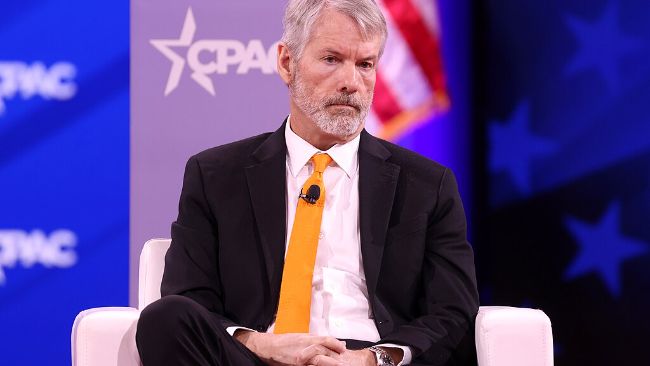Strategy Executive Chairman Michael Saylor said on a recent podcast that STRD, his preferred perpetual stock, is being ignored by investors because it trades as a junior security, unlike STRF, which is a senior security.
Saylor said STRD’s junior status means it doesn’t get as much attention, even though the potential returns are higher.
In a capital stack, preferred securities are paid first and are typically less risky and have lower yields. Junior securities pay after senior securities, involve higher risk, and offer higher potential rewards.
As a senior security, STRFs are protected by penalty clauses and have payment priorities, making them attractive to risk-averse investors who seek yield but prioritize payment security. It currently trades above par at $109, with an effective yield of 9.1% and a lifetime return of 29%.
STRD is the junior version, offering higher dividends and yields to compensate for lower dividend priority and greater risk. STRD is non-cumulative, is lower in the capital stack, and has penalty provisions for the company if dividends are not paid. It trades at $78 below par and has a lifetime return of -7%, but its effective yield is 12.7%, which is similar to junk bonds.
Although the two products are structurally similar, the main difference is the risk and return profile. STRF offers a safer yield, while STRD offers a higher yield by taking on more risk.
Thaler questioned why investors would prefer STRF to STRD when they can earn more than 350 basis points higher yield. He highlighted the emergence of credit spreads between the two financial instruments due to the senior and junior classification.
MSTR is not obligated to pay dividends on its junior shares, but Saylor dismissed concerns about the possibility of non-payment. He said MSTR would maintain these payments because otherwise it would cause significant damage to STRD’s price. Furthermore, the company’s goal is to sell these securities to raise funds for additional Bitcoin purchases, and defaulting on STRD is not a viable option.
Additionally, Saylor announced on Sunday via X that MSTR has bought more Bitcoin, down 4% year-to-date to $289.87 (compared to Bitcoin’s 10% rise over the same period), even as the company’s stock continues to struggle. Strategy currently holds 640,250 BTC.


